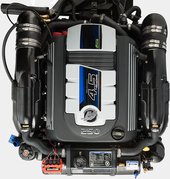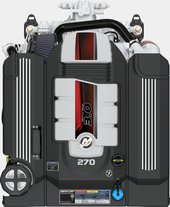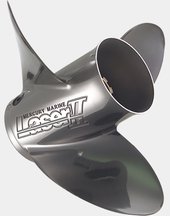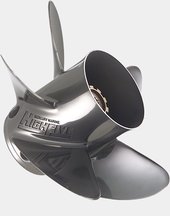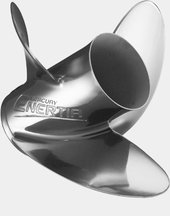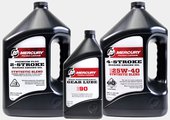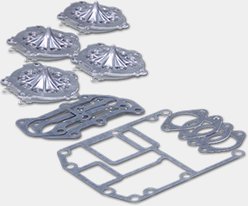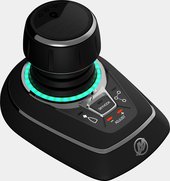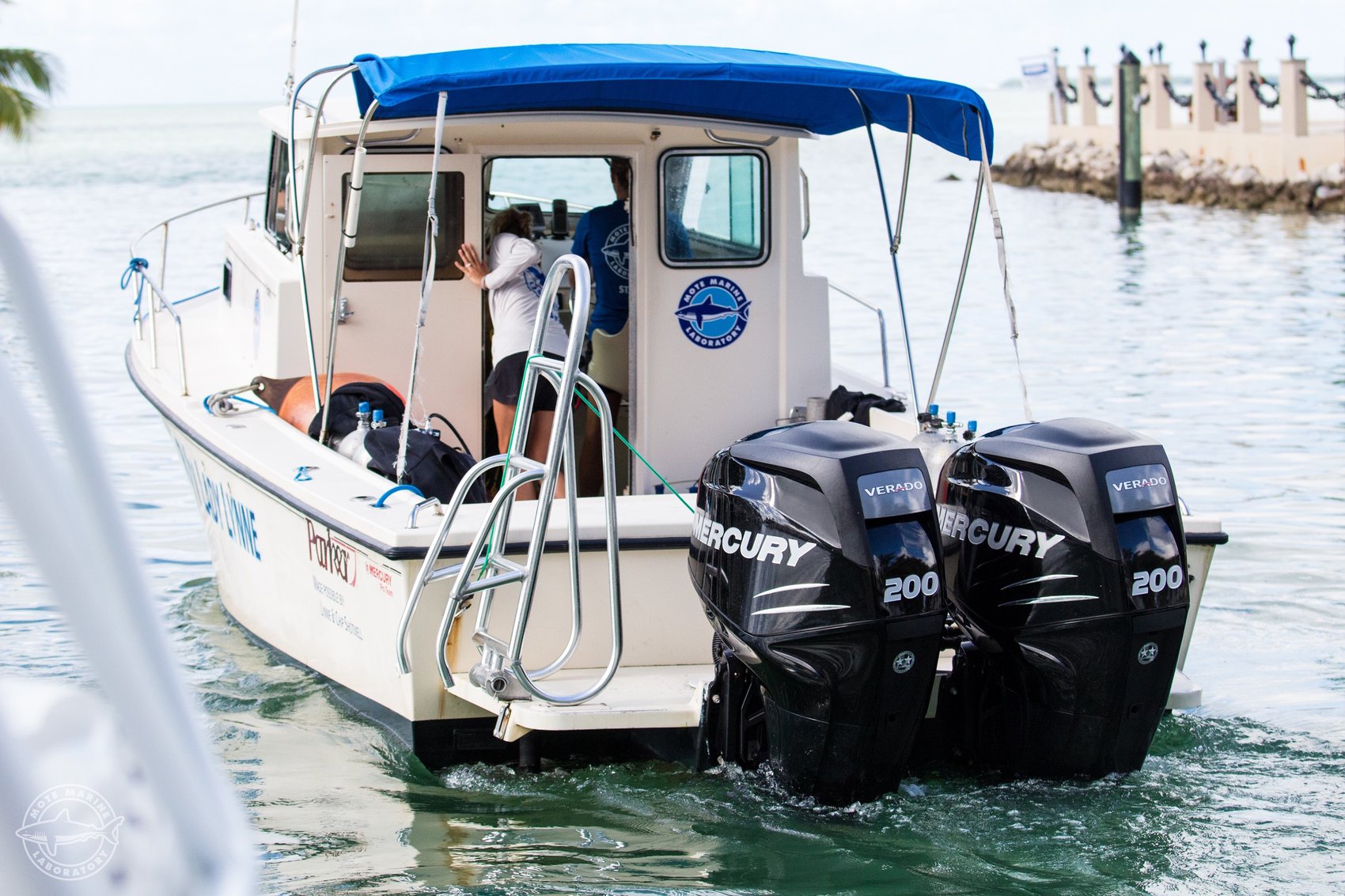
Mercury Powers Efforts to Restore Life to Struggling Florida Coral Reefs
Acceleration of coral reproduction is a key factor for success.

The Coral Reef Restoration Program spearheaded by Mote Marine Laboratory, a prominent nonprofit marine research organization, announced a breakthrough on Aug. 3 that could lead to regrowth of critically imperiled coral reefs in the waters near the lower Florida Keys. Mercury Marine has supported Mote's efforts for many years, including providing credits toward the purchases of Mercury outboards for the Coral Reef Restoration Program's extensive boat operations.
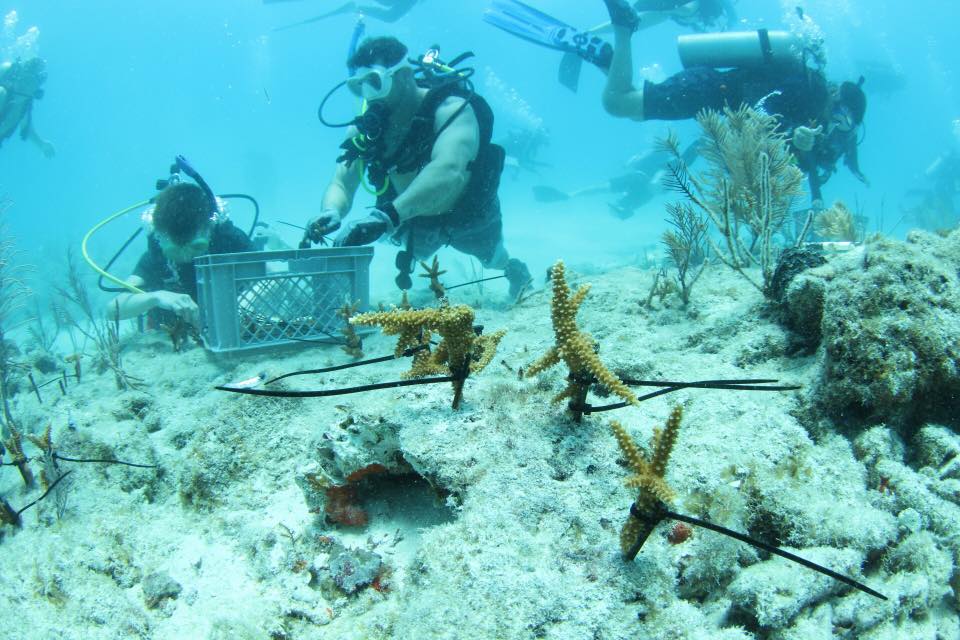 Mote's facility on Summerland Key has been growing corals in its laboratory, breeding species that are genetically predisposed to withstand increased water temperatures, ocean acidification, coral diseases, hurricane currents and other conditions that have caused sharp declines in living coral populations.
Mote's facility on Summerland Key has been growing corals in its laboratory, breeding species that are genetically predisposed to withstand increased water temperatures, ocean acidification, coral diseases, hurricane currents and other conditions that have caused sharp declines in living coral populations.
Significantly, Mote also pioneered a scientific technique called microfragmentation fusion, which aims to develop new corals' reproductive capabilities within five years, a process that can take decades in the natural environment without this intervention. The mission has been to relocate young lab-grown corals to failing reefs — a process called "outplanting" — so they may develop and reproduce there.
At the beginning of August, Mote scientists became the first to document that corals grown in the lab and outplanted approximately five years ago have initiated reproductive activity after enduring many of the stressors in the wild that have killed off so many coral colonies. This breakthrough heightens hopes that Florida reefs can be restored to self‑sustaining life.
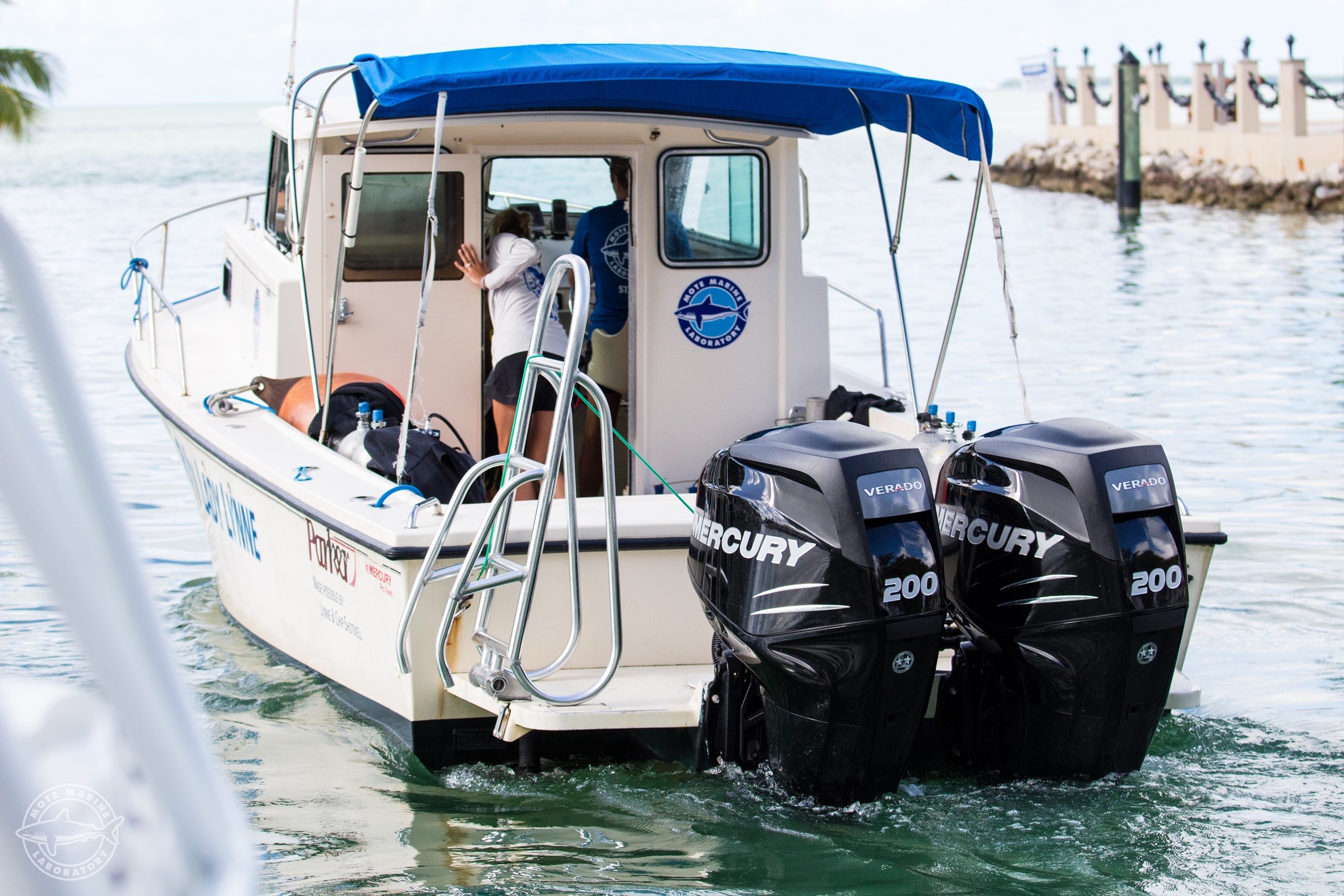 Mote's work has required thousands of Mercury‑powered boat missions to and from numerous coral‑restoration sites. These operations have included delivering skilled divers and researchers to 15 reef locations for outplanting more than 10,000 new corals; regularly monitoring coral health, growth, and reproductive development; measuring ocean conditions and sampling water to monitor algal blooms; providing on‑water learning experiences to the next generation of marine scientists; and transporting visiting researchers from the world's most respected marine‑science organizations to the sites.
Mote's work has required thousands of Mercury‑powered boat missions to and from numerous coral‑restoration sites. These operations have included delivering skilled divers and researchers to 15 reef locations for outplanting more than 10,000 new corals; regularly monitoring coral health, growth, and reproductive development; measuring ocean conditions and sampling water to monitor algal blooms; providing on‑water learning experiences to the next generation of marine scientists; and transporting visiting researchers from the world's most respected marine‑science organizations to the sites.
"We subject our boats to rigorous missions and significant duty hours. We count on the performance and durability for which Mercury outboards are renowned to get our important work done," said Erich Bartels, staff scientist and program manager.
The determination that thousands of outplanted corals are now reaching reproductive maturity comes not a moment too soon. "Today, we are estimating that we have 2 percent coral cover left on the reef tract, which means that our reef has entered into functional extinction and cannot recover naturally on its own. That is why restoration is so important," said Allison Delashmit, Mote's community relations and communications manager. "We are seeing a higher than 90 percent survival rate in most circumstances with our outplants. It's working!" she added.
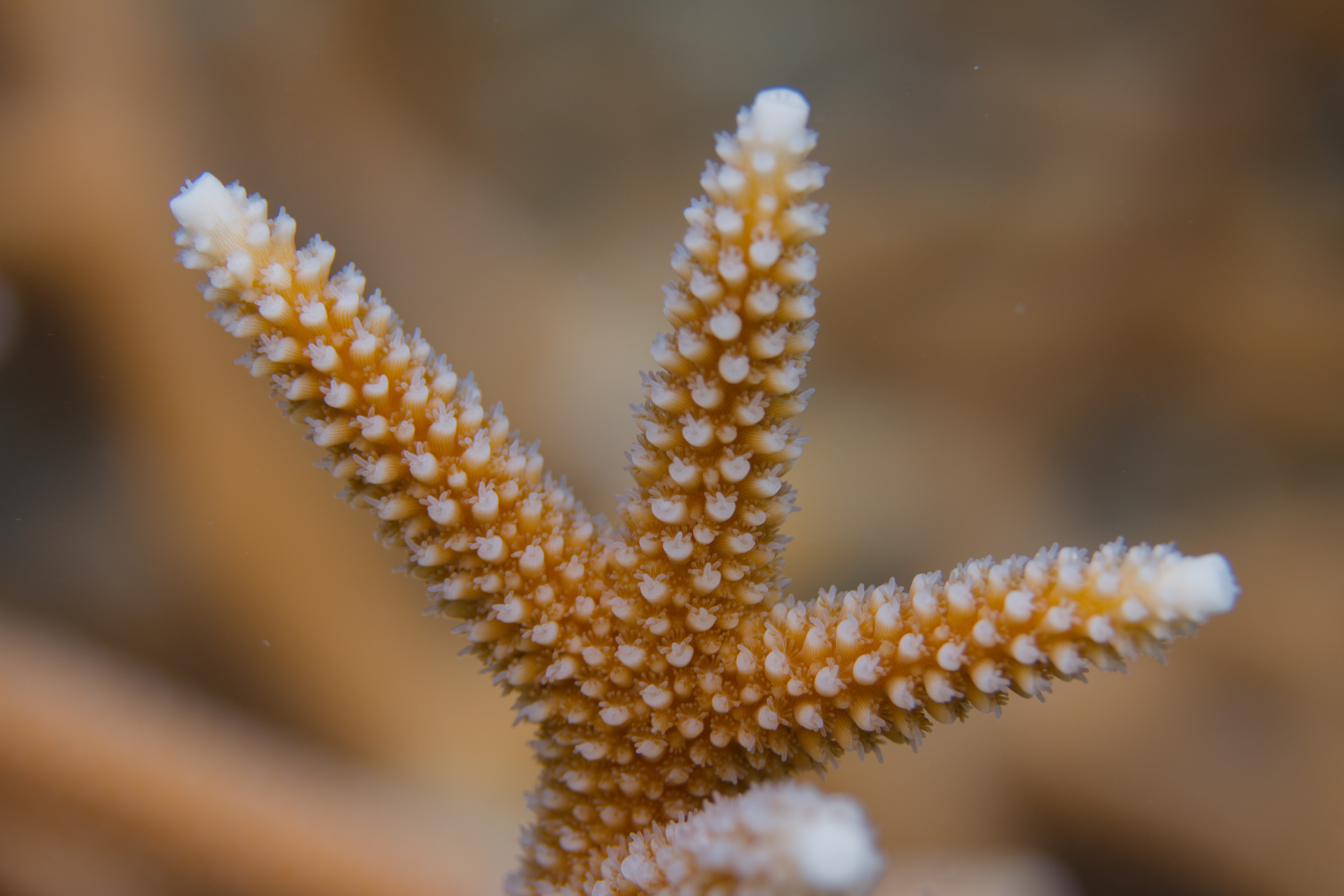 Coral reefs are critical to marine ecosystems. Although coral reefs cover less than 1 percent of the ocean floor, they support about 25 percent of all saltwater marine life. Florida’s coral reef — which stretches almost 350 miles from the Dry Tortugas to the St. Lucie Inlet — represents an annual economic impact of more than $8 billion, attracting visitors, protecting coastlines from major storms and supporting diverse life, including fisheries.
Coral reefs are critical to marine ecosystems. Although coral reefs cover less than 1 percent of the ocean floor, they support about 25 percent of all saltwater marine life. Florida’s coral reef — which stretches almost 350 miles from the Dry Tortugas to the St. Lucie Inlet — represents an annual economic impact of more than $8 billion, attracting visitors, protecting coastlines from major storms and supporting diverse life, including fisheries.
"A major plank of the Mercury Marine sustainability mission is preservation of natural aquatic environments and the life they support," said Andres Gonzales, Mercury vice president of human resources. "Mercury seeks out opportunities to support and partner with organizations, such as Mote Laboratories, that work to identify threats to critical ecosystems and to develop and implement solutions."
Learn more about Mote Marine Laboratory and its Coral Reef Restoration Program.


